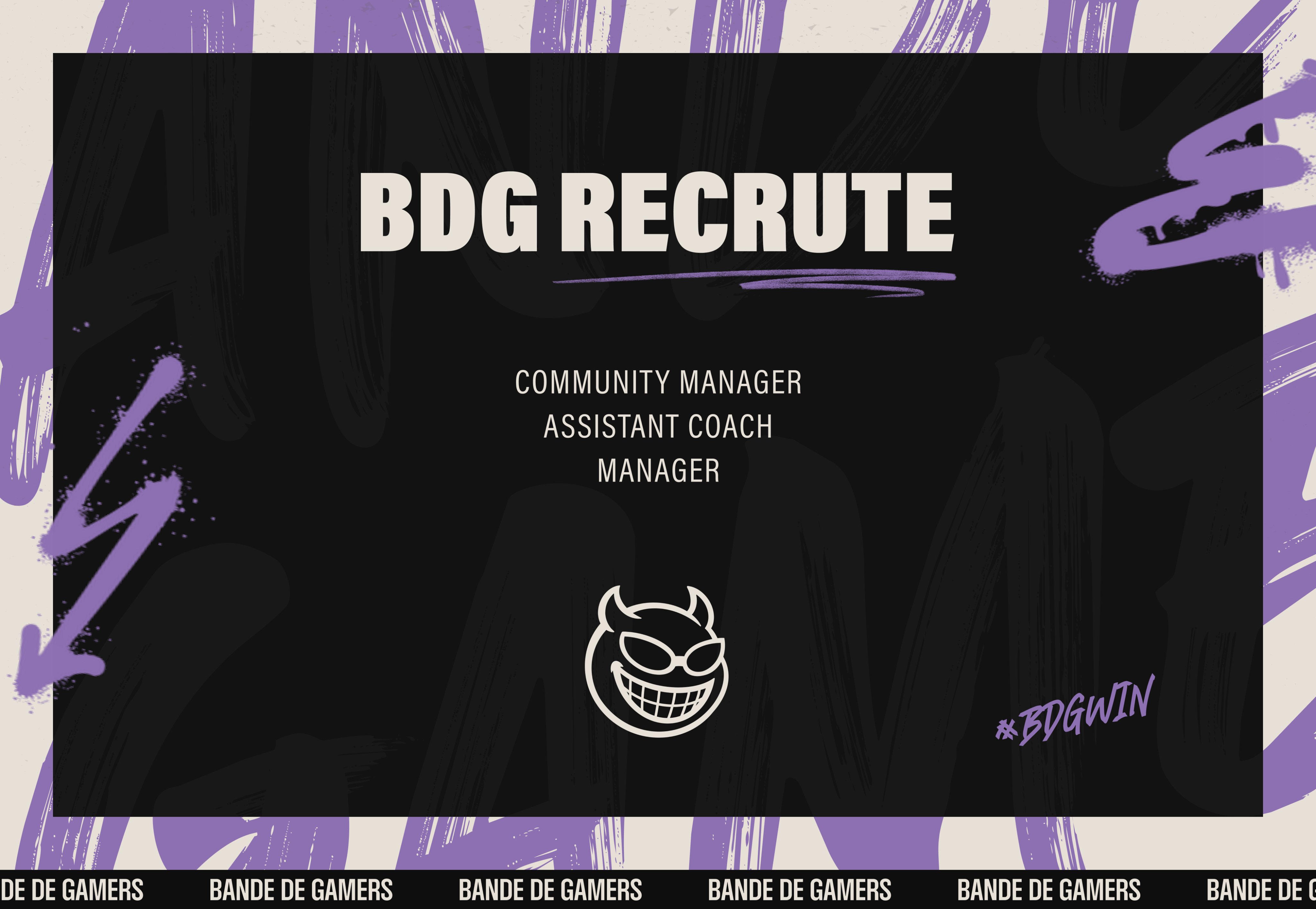In recent years, the Bdg game has quietly taken over screens and minds. It’s fast, intense, and feels rewarding. But is it just harmless fun—or something that goes deeper? Experts have been studying these digital patterns closely, and their insights may surprise you.
Let’s explore what really happens behind the scenes of Bdg win.
Why the Bdg Game Keeps Players Hooked
One of the reasons players don’t walk away from the Bdg game easily is the reward system. It’s not just about big wins—it’s about frequent small wins.
The game is designed to trigger excitement, even for the tiniest victories.
This keeps the brain craving more.
Professionals call this “micro-reward engineering.” The fast-paced environment of the Bdg win experience creates an ongoing loop of engagement. It’s addictive not because of money or points—but because of how it makes you feel.
How Bdg Win Uses Variable Rewards to Boost Engagement
Unlike predictable games, the Bdg game thrives on surprise. You don’t know when a win will come. And that’s the point.
This “variable reward” model is the same used in casinos.
Sometimes you win. Sometimes you don’t.
But when you do—it feels special.
This unpredictability makes players chase the next Bdg win, thinking the next moment could be “the one.” That uncertainty is what keeps people playing longer than they expect.
Time Distortion – Why Players Lose Track of Hours
When you’re in the middle of a Bdg game session, time doesn’t feel the same.
Professional behavior experts call it a “flow state.”
You’re fully focused.
You ignore breaks. Meals. Even sleep.
The animations, sound effects, and fast results of each Bdg win make it feel like time is flying. You say, “just one more round,” and before you know it, hours pass.
The game is built to keep your brain busy—without giving it a reason to stop.
Professional Insights: The Mechanics Behind Compulsive Play
Trigger Loops in Bdg Game Design
Experts have noticed something interesting in Bdg game patterns.
There’s a loop:
- You get a trigger (like a pop-up or sound)
- You take action (play a round)
- You receive a reward (or think it’s coming soon)
This loop becomes automatic.
Every Bdg win adds to this loop, making the player feel more in control, even if the outcome is random.
Continuous Play Without Hard Stops
Most casual games have breaks or cooldowns. But in this game? None.
You can play again. And again. And again.
That’s what makes the Bdg game riskier than it looks on the surface.
Emotional Attachment and the Illusion of Control
Another clever design element?
The Bdg game makes you feel like you’re figuring it out. Like you’re getting better with every round.
But in truth, it’s mostly chance.
Still, the brain believes it can “crack” the game.
This illusion of control keeps people coming back, chasing the feeling of success with every Bdg win.
Players begin to attach emotions to the outcomes—like excitement, frustration, or pride.
That emotional rollercoaster is what experts say resembles gambling behavior.
Signs of Addictive Patterns in Bdg Game Players
Here are a few signals professionals say to watch for in frequent Bdg game users:
- You feel angry or upset when you can’t play
- You ignore sleep or meals to keep playing
- You cancel plans or skip tasks because of the game
- Your mood changes based on how the Bdg win went
If these signs show up often, it could mean the habit is turning into something harder to control.
Expert Tips to Avoid Dependency on Bdg Win
Set Digital Boundaries
- Use screen-time apps to block late-night playing
- Keep a schedule: no Bdg game before work, meals, or bedtime
Shift Focus to Skill, Not Luck
Experts say it helps to treat the game like a puzzle—not a lottery.
Understand that a Bdg win doesn’t always come because of skill.
That shift in thinking can help reduce emotional attachment and impulsive play.
Remember: winning is fun, but it shouldn’t control you.
Final Word: Is the Bdg Game Truly Addictive?
So, what’s the verdict?
Professionals agree that while the Bdg game isn’t addictive to everyone, its design has clear signs of being habit-forming.
From unpredictable Bdg win outcomes to emotional spikes and endless play, it’s more than just a simple game.
Understanding the game’s design is the first step to playing smart—and staying in control.

